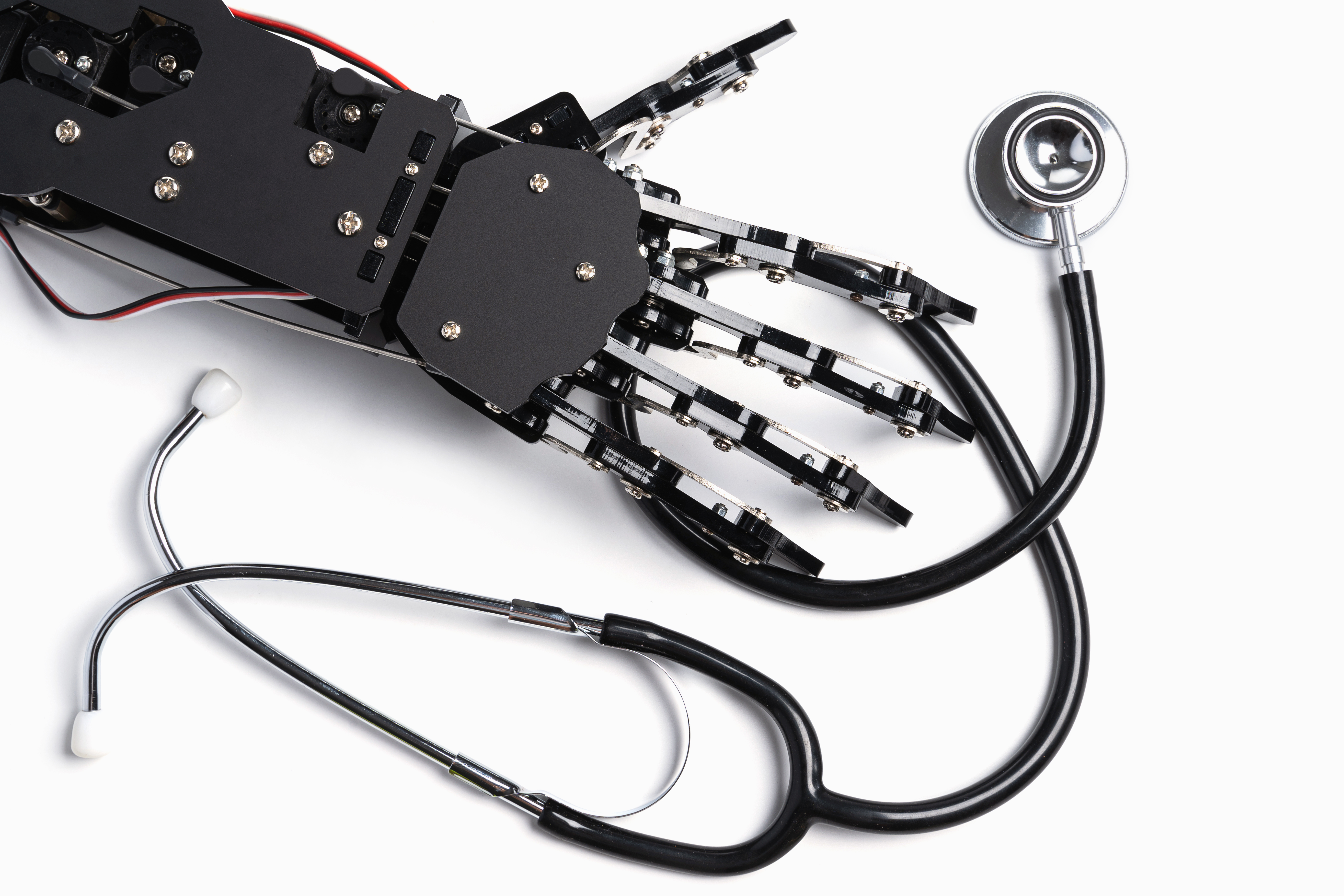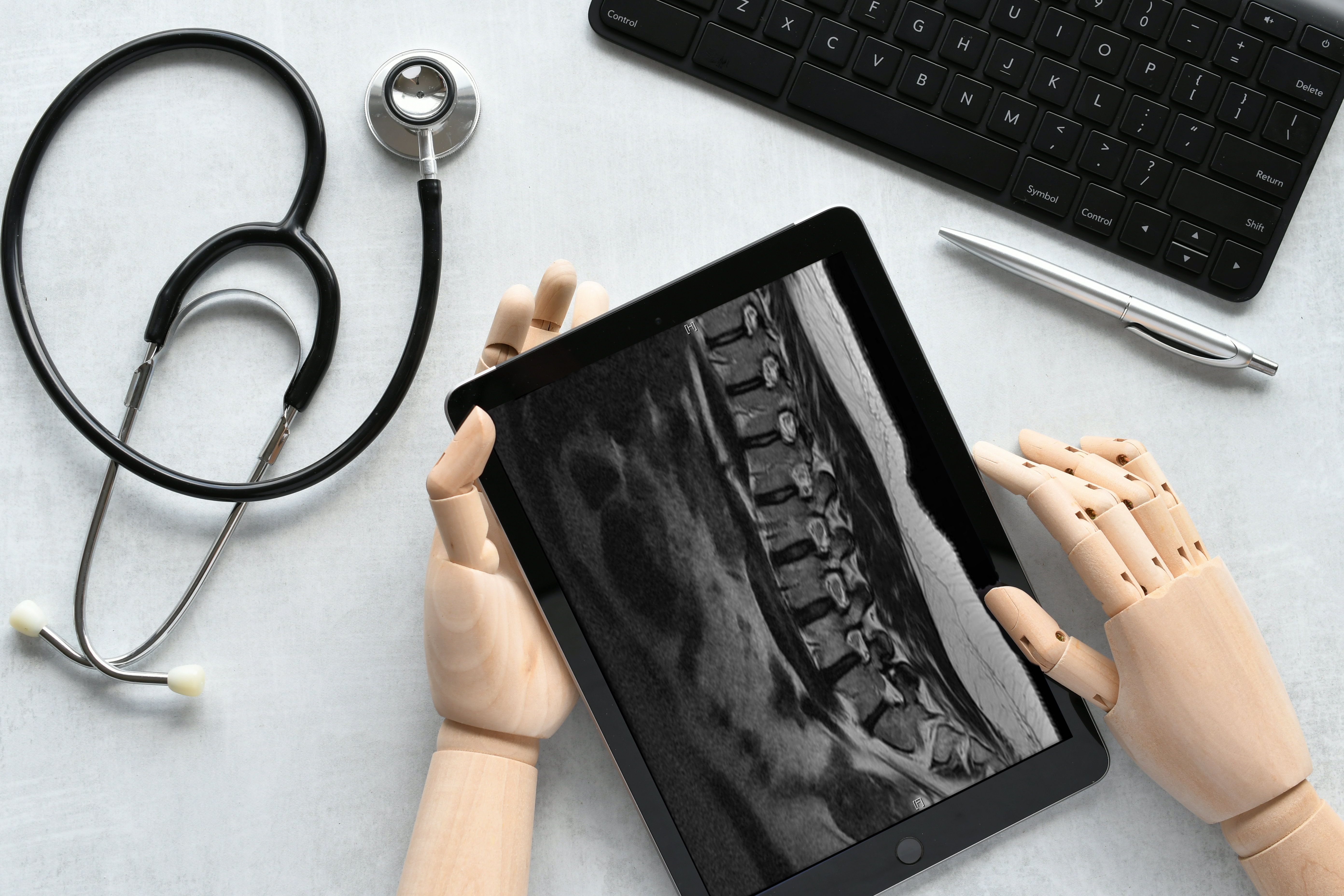10 Groundbreaking Ways AI is Revolutionizing Medicine in 2025
As we stand on the precipice of 2025, the landscape of medicine is undergoing a seismic shift, driven by the relentless march of artificial intelligence (AI). This transformation is not merely incremental but revolutionary, promising to redefine how healthcare is delivered, experienced, and perceived. AI's integration into medicine is not a distant future; it's happening now, with profound implications for patients, practitioners, and the healthcare system at large. This article embarks on an exploration of the top 10 groundbreaking impacts of AI in medicine, delving into how these advancements are reshaping the medical field. From diagnostic precision to personalized treatment plans, AI's influence is pervasive, offering new hope and possibilities. As we navigate through these transformative waves, we will uncover the myriad ways AI is revolutionizing medicine, making it more efficient, accessible, and effective.
1. Precision Diagnostics: The AI Advantage

One of the most significant impacts of AI in medicine is its ability to enhance diagnostic accuracy. Traditionally, diagnostic processes have relied heavily on the expertise and experience of medical professionals, which, while invaluable, can sometimes lead to human error. AI algorithms, however, excel at analyzing vast datasets to identify patterns and anomalies that might elude even the most seasoned practitioners. In 2025, AI-driven diagnostics are at the forefront, utilizing machine learning models trained on millions of medical images and records to offer unparalleled precision. These models can detect diseases at their nascent stages, often before symptoms manifest, allowing for earlier interventions and better patient outcomes. Moreover, AI's ability to continuously learn and improve means that diagnostic tools are becoming more accurate over time, setting a new standard for medical assessments.
2. Personalized Medicine: Tailoring Treatments with AI

The era of one-size-fits-all treatments is rapidly fading, thanks to AI's capabilities in fostering personalized medicine. By analyzing an individual's genetic makeup, lifestyle, and environmental factors, AI can help craft tailored treatment plans that are more effective and have fewer side effects. In 2025, this personalization is becoming the norm, with AI systems capable of predicting how different patients will respond to various treatments. This shift towards personalized medicine not only enhances the efficacy of treatments but also empowers patients by involving them more directly in their healthcare decisions. AI's role extends to drug development as well, where it helps identify potential drug candidates that are more likely to succeed in clinical trials. The result is a more efficient drug discovery process that brings new therapies to market faster, benefiting patients worldwide.
